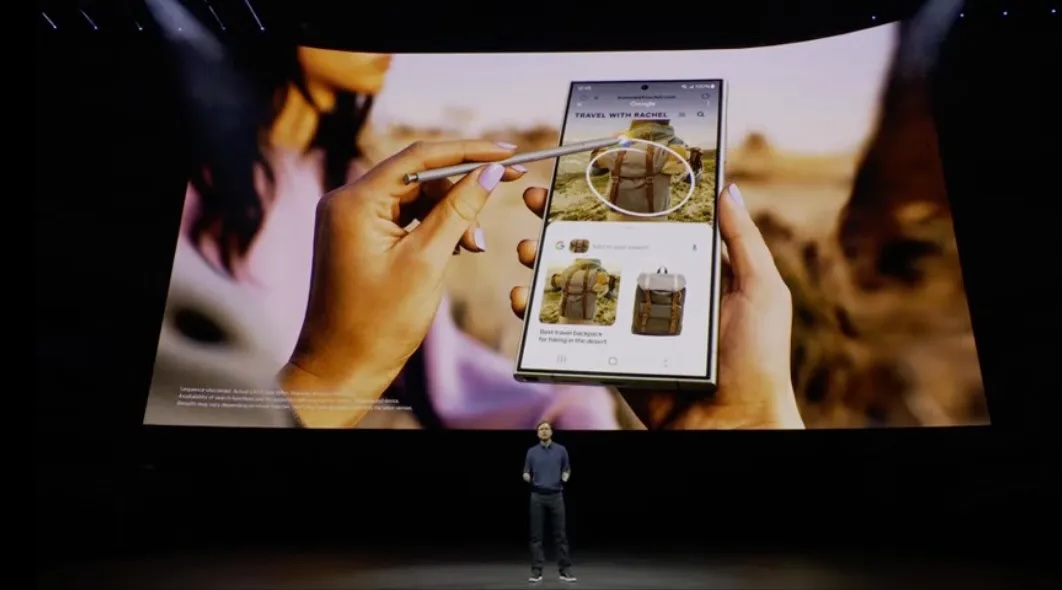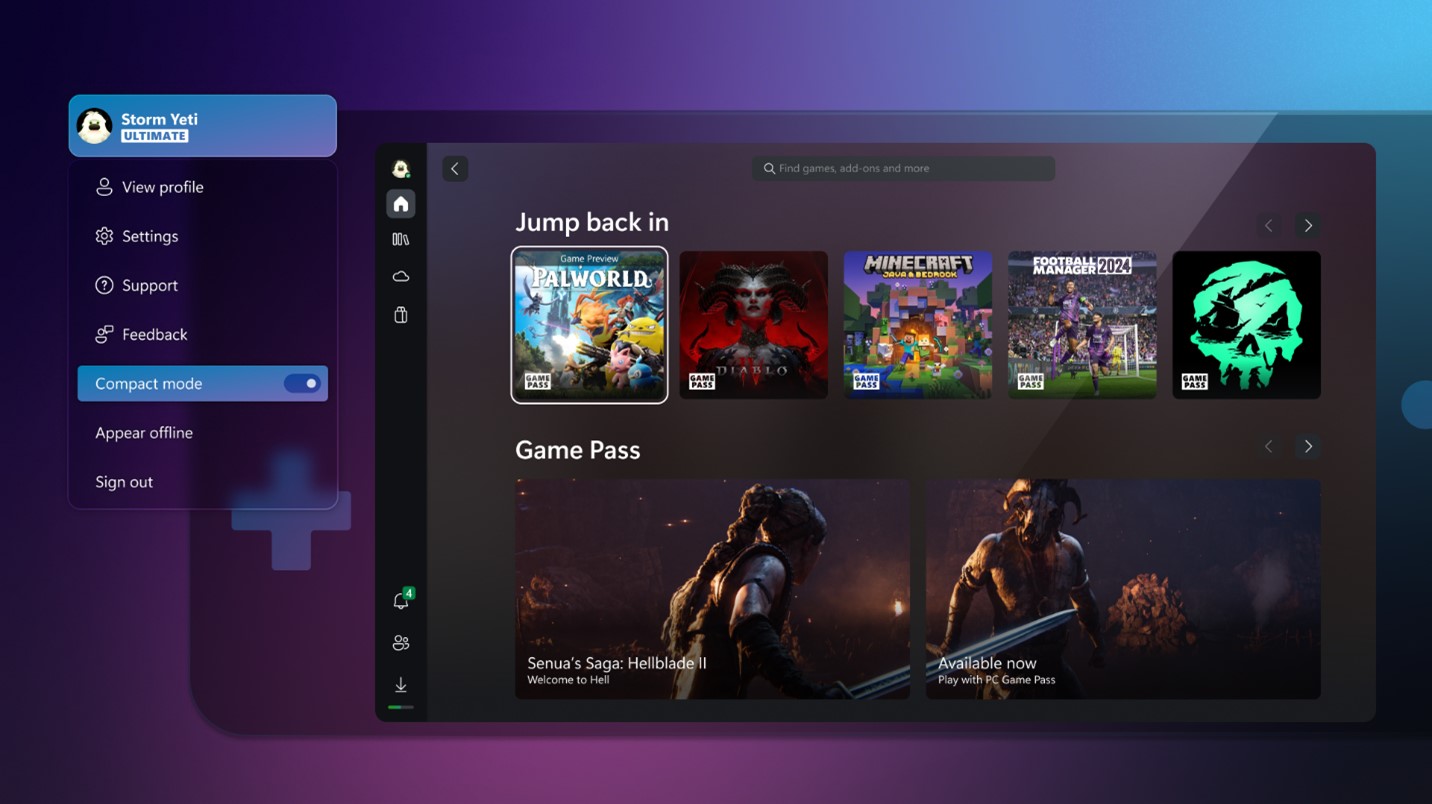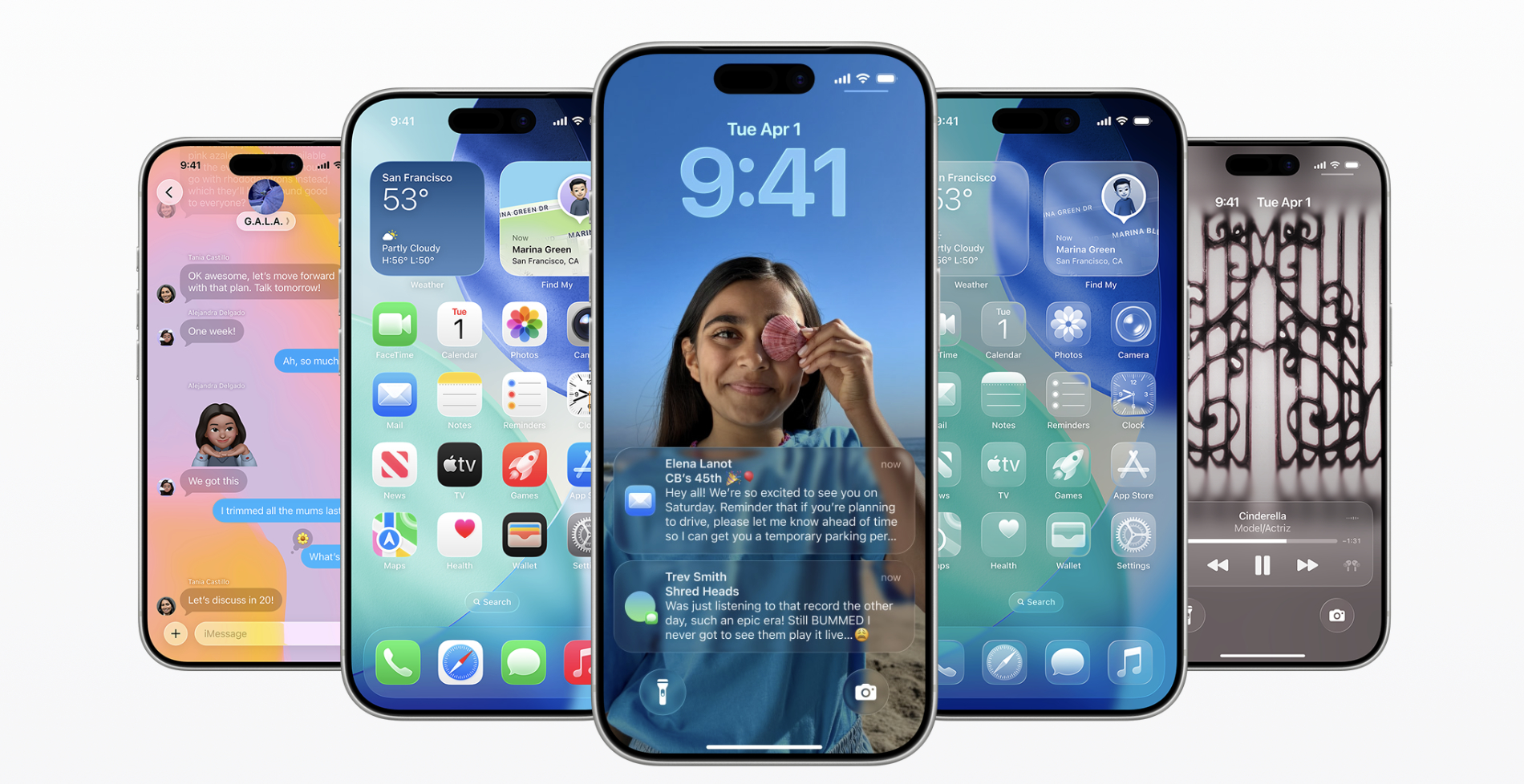
Private social networking is making a comeback. Gratitude Plus, a startup that aims to shift social media in a more positive direction, is expanding its wellness-focused, personal reflections journal to include support for families who want to stay in touch even when physically distant.
The startup, whose name reflects its core offering of a gratitude journal, is, in some ways reminiscent of Path, which was built years ago. Path had briefly emerged as a Facebook challenger by creating a space for smaller groups of people to interact with one another. The app differentiated itself by limiting users to just 50 friends, ensuring their interactions would remain in tighter circles than on larger social networks.
For a time, Path caught on, and while it never toppled Facebook, it stood out as an example of how private social networks could work, if executed correctly. (The company had raised too much venture funding to return on its investment without an exit, so Path sold to Korea’s Kakao in 2015.)
Similarly, Gratitude Plus is not meant to be used with a wide audience. Instead, it encourages users to establish healthier relationships and better mental wellness habits by offering a space for journaling, mood tracking,and staying in touch with family and friends through small, private “circles” within its app.
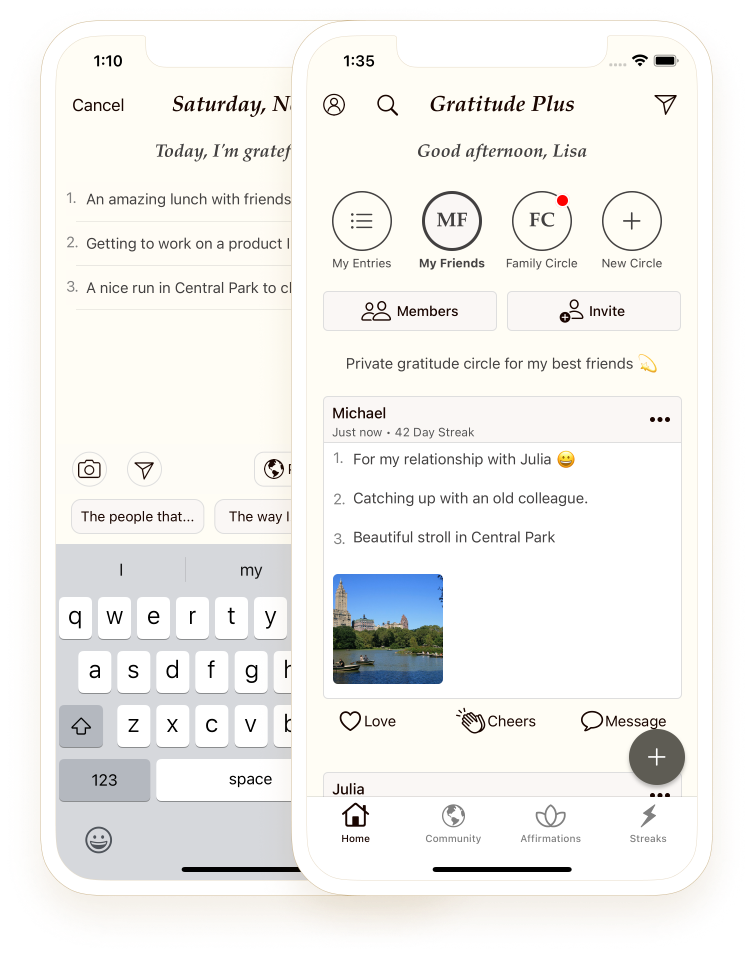
“I designed it to be very simple,” says NYC-based founder and app developer Daniel Shaffer. “I wanted people to feel like they’re writing in an elegant journal.”
When opened, the app prompts you to journal by asking a simple question: List three things you’re grateful for today. You can also change the prompt to other suggestions, like “What made you smile today?,” “What are you looking forward to today?,” and others, or you can write your own. The journaling reminders can also be set to shuffle mode so you can get a new one every day. You can optionally include photos to illustrate their responses, as well.
But unlike a private diary, your answers to the app’s prompts are meant to be shared with a private group, like your family members, close friends or even a partner.

“When I talked to users, they love that this is an app that they can spend a minute or two reflecting on their day,” Shaffer said.
Shaffer says he was inspired to build Gratitude Plus after his mother died. His journey with grief had him seeking out more accessible mental health tools, he says, and pushed him to build a wellness platform that people could use with their own friends and family to stay in touch in a more positive and personal way than is possible through traditional social media. He’s not alone in seeking out those sorts of tools; another startup founded by widows, DayNew, offers a social platform for people dealing with grief and trauma, for example.
With Gratitude Plus, however, the focus is not on healing grief, necessarily, but on maintaining the relationships that matter in the present.
With the new family plan launching on Mother’s Day (Sunday), up to four members can share a premium subscription for $74.99 per year.
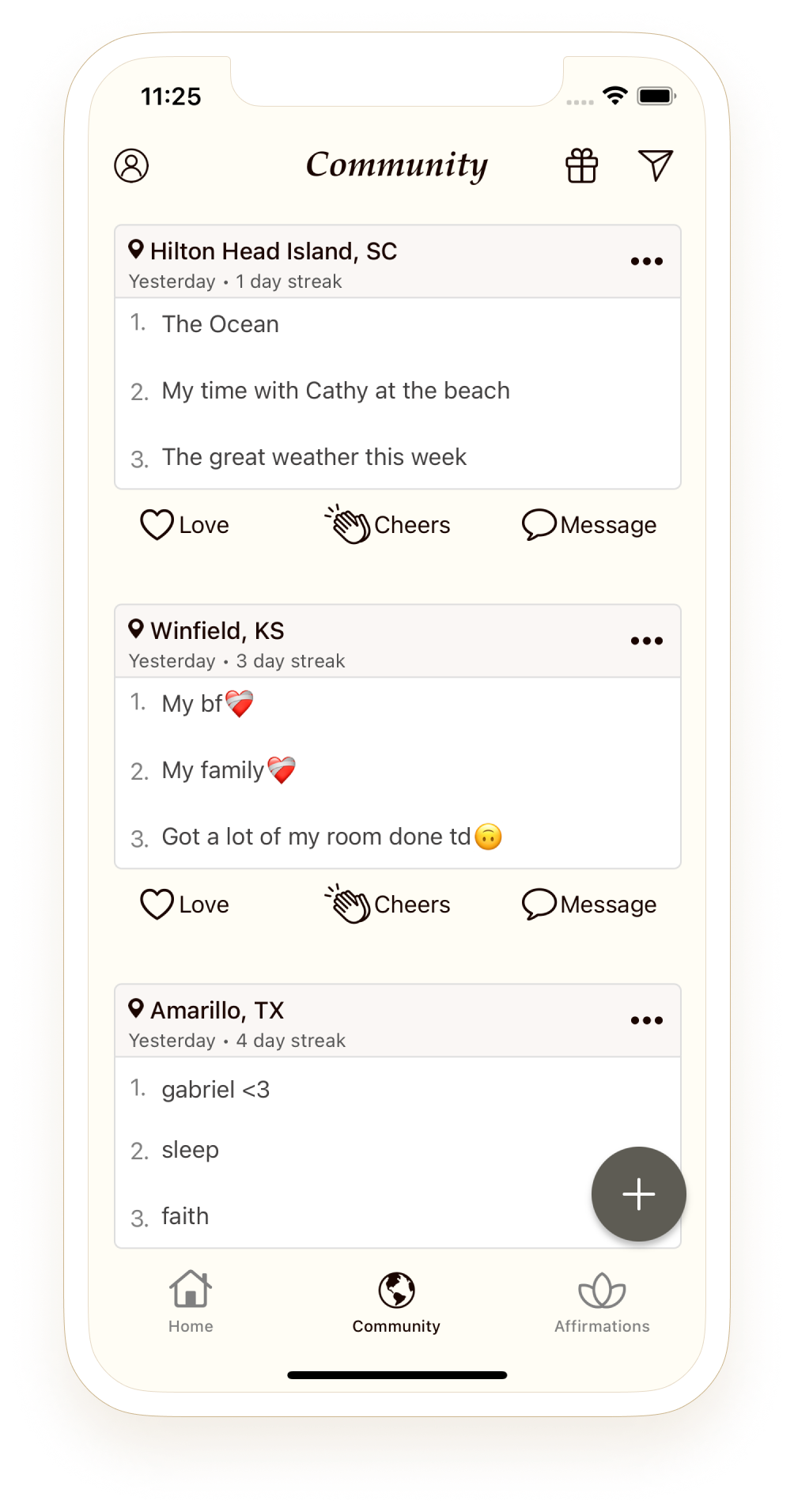
In addition to private networking, a community feed, powered by anonymous shares from individual users, also lets you see how others across the app’s wider community are feeling that day. Users can interact with these posts by leaving hearts or messages of support. Around 50% of the app’s users share anonymously to the feed, Shaffer said.
“People feel really good when they’re supporting other people. That’s one of the magic things, is that if you go on here, and if you’re in a negative mindset, you’ll send a couple of messages to people and you’re going to feel better,” he says. “A lot of people say it’s like a positive social network.”
Gratitude Plus encourages daily habits with features like push notifications and streaks, but Shaffer thinks its larger draw comes from the people you use the app with: family, friends, a partner, a child, and others who you’re interested in interacting with. Some subset of users are also posting to the app with a broader set of friends, like those in a dorm or school, or even among a group of fellow YC founders, for example.
Shaffer plans to add more mental wellness tools to the app, like meditation, breath work and others.
The freemium app today has over 10,000 users, 650 of whom are on a paid subscription plan that offers access to more features,

